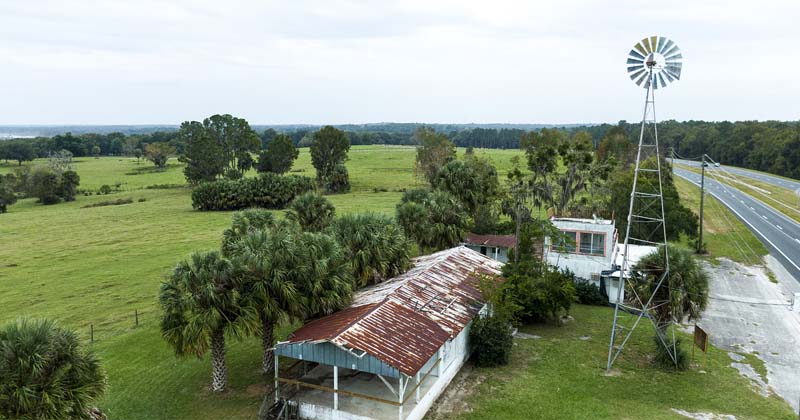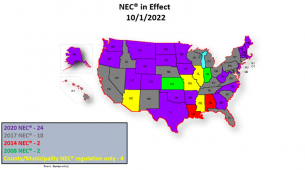Looking for any input from anyone in Florida who is running completely off-grid with power from solar & battery. And by off-grid I mean no connection to the grid at all, no utility power on the lot, period.
We own rural AG acreage in FL with no utility power on it and intend to put up a small house run completely off-grid, but properly permitted and built to code. Private septic and well.
I'm asking this here because I have seen other people on other forum stating that off-grid is explicitly illegal in Florida, but when challenged nobody can produce the state law or county law codifying this, nor can I find one either.
We own rural AG acreage in FL with no utility power on it and intend to put up a small house run completely off-grid, but properly permitted and built to code. Private septic and well.
I'm asking this here because I have seen other people on other forum stating that off-grid is explicitly illegal in Florida, but when challenged nobody can produce the state law or county law codifying this, nor can I find one either.





